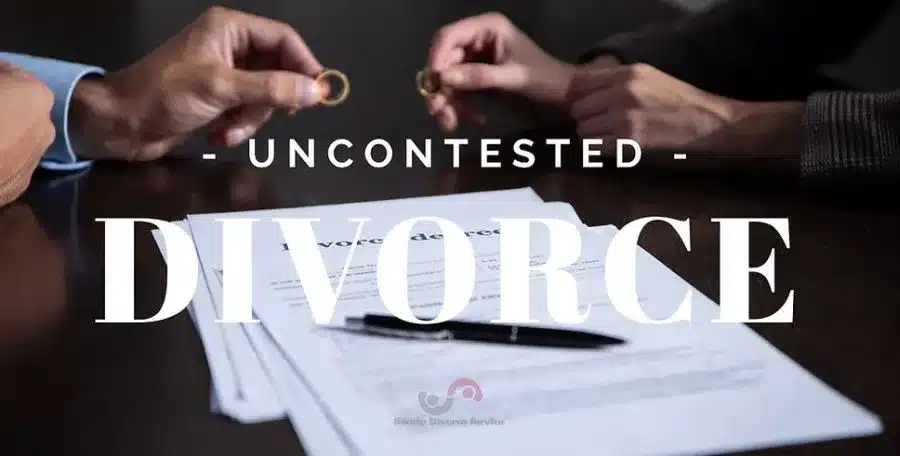Understanding how property is classified during a divorce in Texas is crucial. Texas is a community property state, which means that most property acquired during the marriage is considered owned equally by both spouses. However, not everything falls into this category. Some assets are considered separate property and belong solely to one spouse.
At Ready Divorce Service, we help clients in Texas—especially in Dallas, Fort Worth, Denton, and surrounding areas—navigate the legal distinctions between separate and community property during divorce.
Under the Texas Family Code 3.001, the following are considered separate property:
➣ Property owned before marriage
➣ Gifts received during the marriage (including from the spouse)
➣ Inheritances or assets received by descent or devise
➣ Personal injury settlements (excluding lost wages)
🔑 Key Tip: If you want to keep something classified as separate, keep it out of joint accounts and never co-title it with your spouse. Proper recordkeeping is essential.
Community property includes:
➣ All income earned by either spouse during the marriage
➣ Any real estate, vehicles, or other property acquired during the marriage (unless gifted or inherited)
➣ Retirement accounts, pensions, stock options, and bonuses accrued during marriage
➣ Contributions to savings or investments made with marital funds
Even if only one spouse’s name is on the title, Texas law often still treats the asset as community property if it was acquired after the marriage began.
📌 The Inception of Title Rule in Texas
Texas follows the “inception of title” rule, which means property is classified as separate or community based on when and how it was acquired, not necessarily whose name is on the asset.
✅ Example: If you bought a car before the wedding—even if you paid it off during marriage—it’s still your separate property.
⚠️ Common Pitfalls: Commingling & Transmutation

Commingling happens when separate and community property are mixed together—for example, depositing an inheritance into a joint bank account. If not properly traced, it could be treated as community property.
This occurs when separate property becomes community through actions like adding your spouse’s name to a deed or account. These actions may unintentionally transfer part of your ownership.
💡 Best Practice: Keep detailed financial records and consider having legal documents reviewed before making title changes.
🧾 Reimbursement Claims
If one spouse’s separate property is improved using community funds, the other spouse may file for reimbursement during the divorce.
Example:
If you owned a home before marriage (separate property), but your spouse used marital income to pay for renovations, they could request reimbursement of the community money used.
📊 Separate vs. Community Property Chart
| Community Property | Separate Property |
|---|---|
| Income earned during the marriage | Assets owned before marriage |
| Real estate bought after the wedding | Gifts and inheritances (even during marriage) |
| Pensions/retirement contributions | Personal injury awards (excluding lost wages) |
| Vehicles or electronics purchased jointly | Pre-marriage investment accounts |
⚖️ Property Division in a Texas Divorce
During a divorce in Texas, a judge will divide community property in a way that is “just and right”—not necessarily 50/50. Several factors influence this decision:
- Length of the marriage
- Earning capacity of each spouse
- Fault in the marriage breakup (if relevant)
- Reimbursement and contribution claims
Separate property remains with the original owner—but you must be able to prove it through clear and convincing evidence.
🛡️ How to Protect Your Separate Property in Texas
- Keep finances separate: Avoid mixing separate and marital funds.
- Maintain documentation: Save deeds, bank statements, and gift letters.
- Use legal agreements: Consider a prenup or postnup to define asset ownership.
- Don’t co-title: Avoid adding your spouse to deeds or accounts without understanding the consequences.
💼 Need Help with Property Division?
At Ready Divorce Service, we help you protect what’s rightfully yours. Whether you’re dealing with a high-asset divorce or just want clarity on what belongs to whom, our team offers flat-fee divorce services and expert legal guidance.
📞 Call now or schedule a free consultation online to get help with your Texas divorce property questions.






